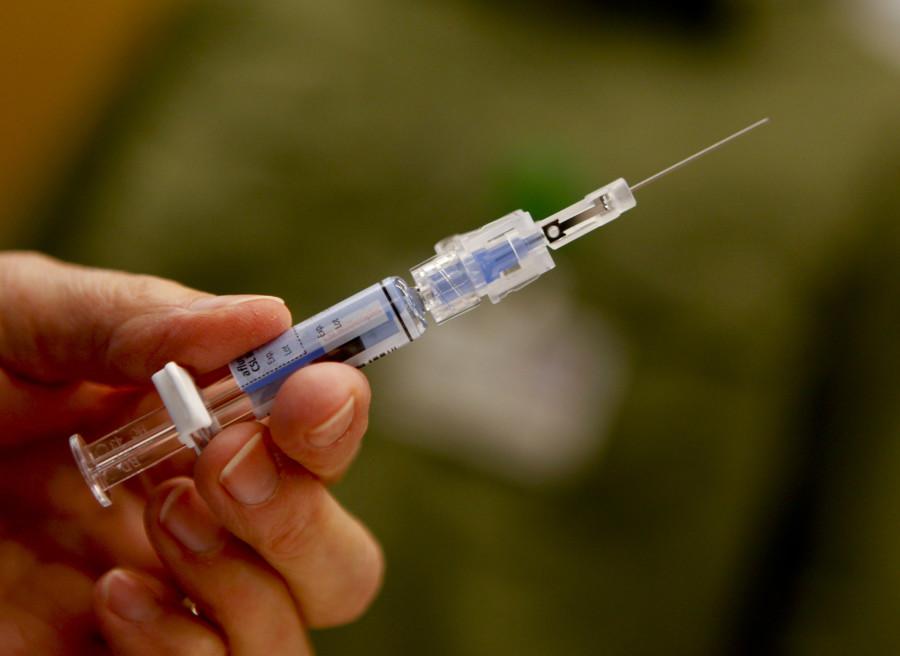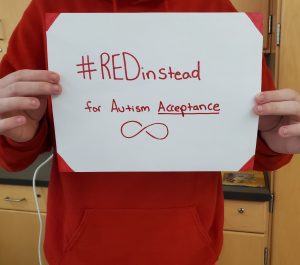Disney Measles Outbreak Causes Concern
To immunize or not to immunize
Photo by Mark Boster/Los Angeles Times/MCT used with permission.
(Mark Boster/Los Angeles Times/MCT)
March 25, 2015
The measles made headlines earlier this year after an outbreak of the disease erupted at Disneyland. According to the Center for Disease Control and Prevention (CDC), over 178 people from 17 states have been infected with the measles between January 1 and March 20. The measles is an extremely contagious viral infection that causes a fever and a skin rash, but can be prevented with a vaccine. Dr. Thomas C. Peebles developed the measles vaccine in 1963. This recent outbreak continues to spread, but everyone who has been vaccinated has a much lower chance of getting this infection compared to people who have not been vaccinated. Measles can be spread very easily, even by just touching an infected doorknob. The CDC says the United States experienced a record number of measles cases in 2014, with 644 cases reported to the CDC’s National Center for Immunization and Respiratory Disease (NCIRD). So far, no incidents of the measles in Massachusetts have been reported.
Many have blamed the measles outbreak on parents who have refused to vaccinate their children.
— Camren Smith
Many have blamed the measles outbreak on parents who have refused to vaccinate their children (the so-called anti-vaxxers) because nearly all of the reported cases were patients who were not vaccinated. According to the CDC, two doses of the measles vaccine are about 97% effective at preventing the measles.
Unfortunately, many people choose not to vaccinate their children because of religious beliefs, or because, in the words of anti-vaxxer cardiologist Dr. Jack Wolfson (reported in CNN), “they don’t want to “inject (their) child with chemicals.”
The outbreak stirred a debate over whether or not parents should have a say as to whether their children receive vaccinations. One side argues that if they didn’t have the choice to decline vaccinations, there wouldn’t be as many measles outbreaks, if any at all. Others assert that parents should have the right to decide whether their own children should be vaccinated.
Although this virus has spread quickly, caused great distress to those afflicted, and ignited a debate; the CDC and other organizations are trying their best to end this most recent string of measles outbreaks. Last year saw a record number of infections, breaking a record previously set by an outbreak in 2000. Even though many of these cases happened on the other side of the country, you should still ask your parents if you have had your measles vaccination, and if not, ask to be vaccinated to prevent this outbreak from spreading any further than it already has.















